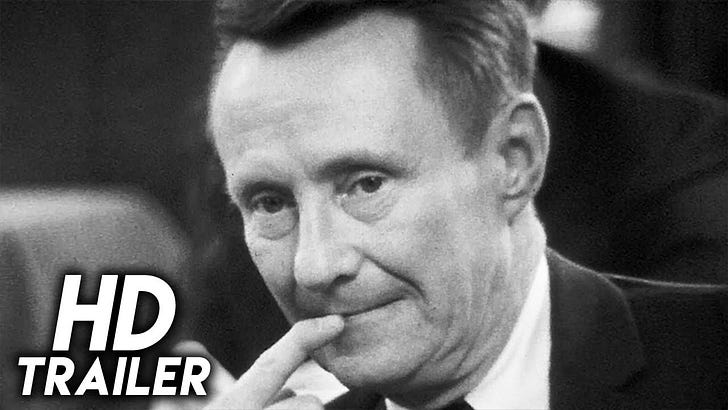12 Nonfics Picks From Scott Derrickson: The ‘Doctor Strange’ Director Talks His Favorite Docs
Written by Jason Gorber
In the last decade, Scott Derrickson has emerged as one of the most exciting and successful genre filmmakers around. He directed the immensely lucrative horror features The Exorcism of Emily Rose and Sinister, as well as the globally profitable sci-fi remake The Day the Earth Stood Still, and recently he joined the very big leagues with Marvel tasking h…
Keep reading with a 7-day free trial
Subscribe to Nonfics to keep reading this post and get 7 days of free access to the full post archives.


